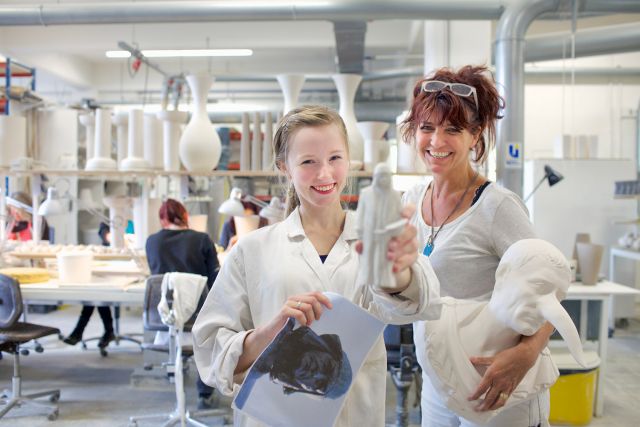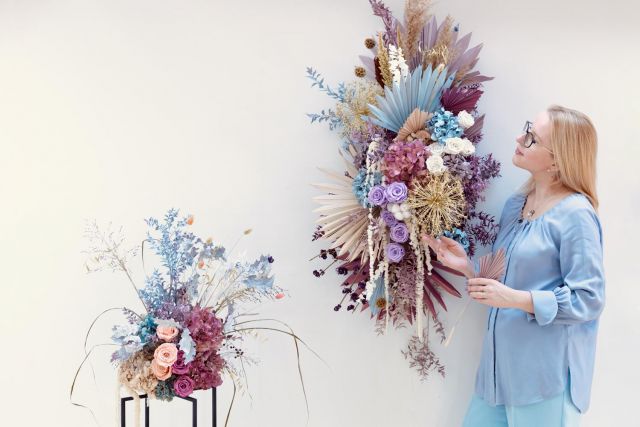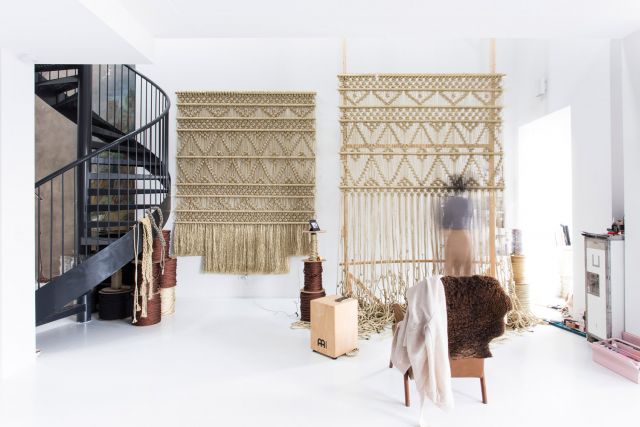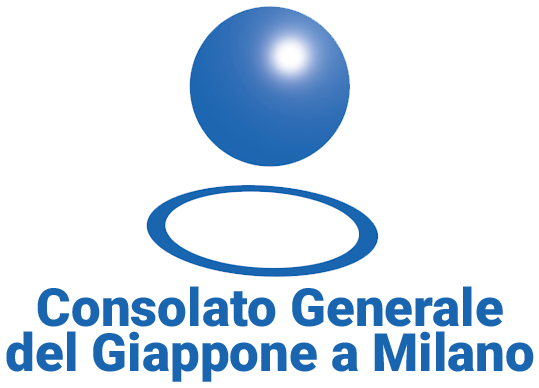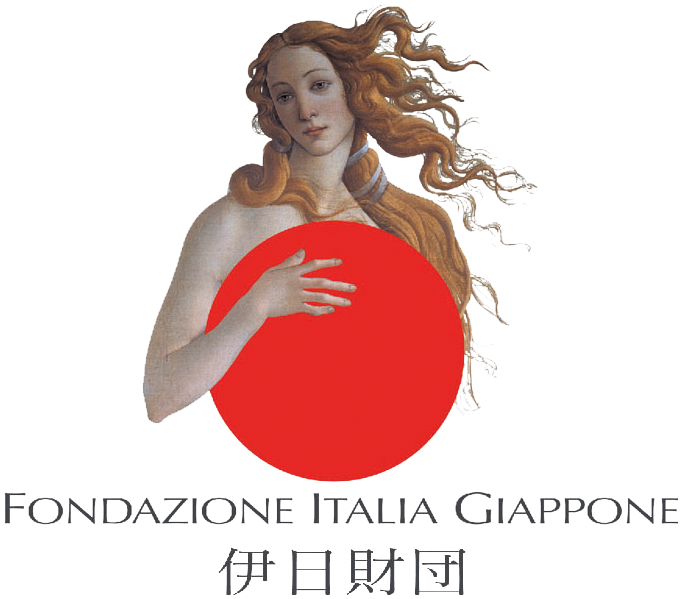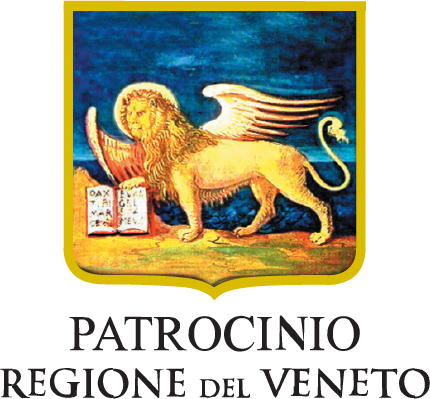This yellow glass vessel is part of a series of objects inspired by an exploration of the drawings of Ernst Haeckel, which Marc subsequently transformed into blown glass vessels. Exploring colour, form and pattern, Marc used ancient murrine techniques to make a three-dimensional blown mosaic from glass. These objects reflect on and examine nature; they do not merely imitate it.
Length 34 cm
Height 34 cm
Width 16 cm
 MarcBarredaExploringSilicaBasedMicroorganismsInstallBENDEIMAN_1764845.jpg.jpeg)
 MarcBarreda RedRotalgenOfFloridiaeDETAIL.jpg.jpeg)
 IMG_2296.jpg.jpeg)
 IMG_2386.JPG.jpeg)
 IMG_2414.JPG.jpeg)
Marc Barreda
- Glass sculptor
- Amsterdam, Netherlands
- Master Artisan
By appointment only
+31 618473225
The itinerant glassblower
- • Marc is inspired by cellular patterns and natural curiosities
- • He feels innovation lies 'in the fusion of skill and concept'
- • He enjoys discovering new approaches to ancient techniques
“I came into contact with glass by accident, having no idea what to expect. Simple curiosity and determination opened a door to an unexpected world. It immediately ignited all of my passions,” says Marc Barreda. Born in Peru and raised in the US, where he studied biology at Williams College, Massachusetts, he started making glass in 2000, working for various traditional and non-traditional masters around the world. He further developed his skills through intensive workshops at renowned institutes, such as the Corning Museum of Glass and the Haystack Mountain School of Crafts. In 2009, he moved to Amsterdam to pursue a master's degree at the Sandberg Institute.
Read the full interviewWorks
Photo: © Marc Barreda

Photo: © Marc Barreda
This glass vessel is part of a series of objects exploring the drawings of Ernst Haeckel, which Marc transformed into blown glass vessels. As an artist as well as a scientist, Haeckel studied colour, pattern and form in much the same way that he studied marine creatures. Marc examined these qualities deeply in an effort to further emphasise the power of colour, pattern and form in nature. These glass objects reflect on and examine nature; they don’t merely imitate it.
Length 21 cm
Height 21 cm
Width 26 cm

Photo: © Marc Barreda
This misty glass vessel is part of a series of objects exploring the drawings of Ernst Haeckel, which Marc transformed into blown glass vessels. As an artist as well as a scientist, Haeckel studied colour, pattern and form in much the same way that he studied marine creatures. Marc examined these qualities deeply in an effort to further emphasise the power of colour, pattern and form in nature. These glass objects reflect and examine nature; they don’t merely imitate it.
Length 34 cm
Height 34 cm
Width 24 cm

Photo: © All rights reserved
Inspired by the form of Olafur Eliasson’s Doughnut Projection, Marc became fascinated by the challenge of making a similar form in glass. Reinterpreting the traditional techniques of incalmo and filigrana enabled him to meet this challenge. This object has no beginning or end and is simultaneously full and empty, challenging the concept of a vessel in three dimensions.
Length 32 cm
Height 32 cm
Width 11 cm

Photo: © All rights reserved
Inspired by the form of Olafur Eliasson’s Doughnut Projection, Marc became fascinated by the challenge of making a similar form in glass. Reinterpreting the traditional techniques of incalmo and filigrana enabled him to meet this challenge. This object has no beginning or end and is simultaneously full and empty, challenging the concept of a vessel in three dimensions.
Length 32 cm
Height 32 cm
Width 11 cm






